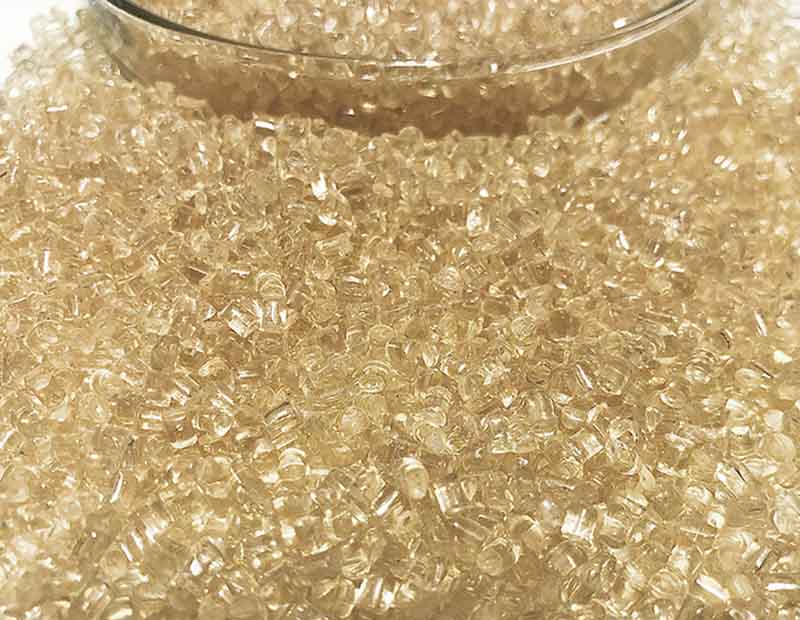Polyethersulfone (PES) is a High-performance thermoplastic polymer known for its exceptional mechanical properties, thermal stability, and chemical resistance. As industries increasingly seek sustainable materials, PES stands out not only for its technical attributes but also for its potential contributions to environmental sustainability. This article discusses how the durability of PES promotes sustainable development, reduces the frequency of material replacement, and highlights its potential in eco-friendly applications.

Durability and Long Lifespan
One of the primary factors contributing to the sustainability of PES is its outstanding durability. PES is engineered to withstand extreme temperatures, harsh chemicals, and mechanical stress, making it suitable for a wide range of demanding applications. This inherent strength means that products made from PES tend to have a longer lifespan compared to those made from conventional materials.
In applications such as automotive components, medical devices, and industrial machinery, the longevity of PES reduces the frequency of replacements. For example, PES used in medical filters can maintain effectiveness over multiple sterilization cycles, thus prolonging their usability. By minimizing the need for frequent replacements, PES contributes to waste reduction and lowers the demand for raw materials, which is a critical aspect of sustainable development.
Reducing Material Waste
The durability of PES not only extends the lifespan of individual products but also significantly reduces material waste. Traditional plastics often degrade over time or become unusable due to environmental exposure. In contrast, PES maintains its integrity and performance characteristics, which means that fewer products end up in landfills. This is particularly important in sectors such as packaging and consumer goods, where plastic waste has become a pressing environmental issue.
Furthermore, the ability of PES to be recycled adds another layer of sustainability. While recycling processes for PES are still developing compared to more common plastics, ongoing research aims to enhance recycling technologies. As these technologies advance, PES could play an essential role in creating a circular economy, where materials are reused and recycled, further reducing the environmental footprint.
Potential in Eco-Friendly Applications
PES exhibits remarkable characteristics that make it suitable for various eco-friendly applications. Its chemical resistance allows it to be used in water filtration systems, purifying water without the risk of leaching harmful substances. PES membranes are commonly employed in reverse osmosis and ultrafiltration processes, contributing to sustainable water management by ensuring clean water access while minimizing energy consumption.
In the renewable energy sector, PES is also making strides. Its properties allow for efficient manufacturing of components used in solar panels and wind turbines. The durability of PES ensures that these components can withstand environmental stressors over their operational lifespan, thereby supporting the growth of sustainable energy solutions.
Moreover, PES's biocompatibility makes it an excellent choice for medical applications that prioritize safety and sustainability. As the healthcare industry moves toward more environmentally responsible practices, PES can help in creating medical devices that are safe, effective, and longer-lasting.
Polyethersulfone (PES) is more than just a High-Performance Thermoplastic; it embodies the principles of sustainability through its durability and environmental impact. By extending the lifespan of products, reducing material waste, and offering potential applications in eco-friendly technologies, PES plays a significant role in promoting sustainable development across various industries. As the world increasingly prioritizes environmental responsibility, materials like PES will be crucial in shaping a more sustainable future. Its continued advancement and adoption can lead to a reduction in reliance on less sustainable materials, making it a key player in the quest for a greener planet.






